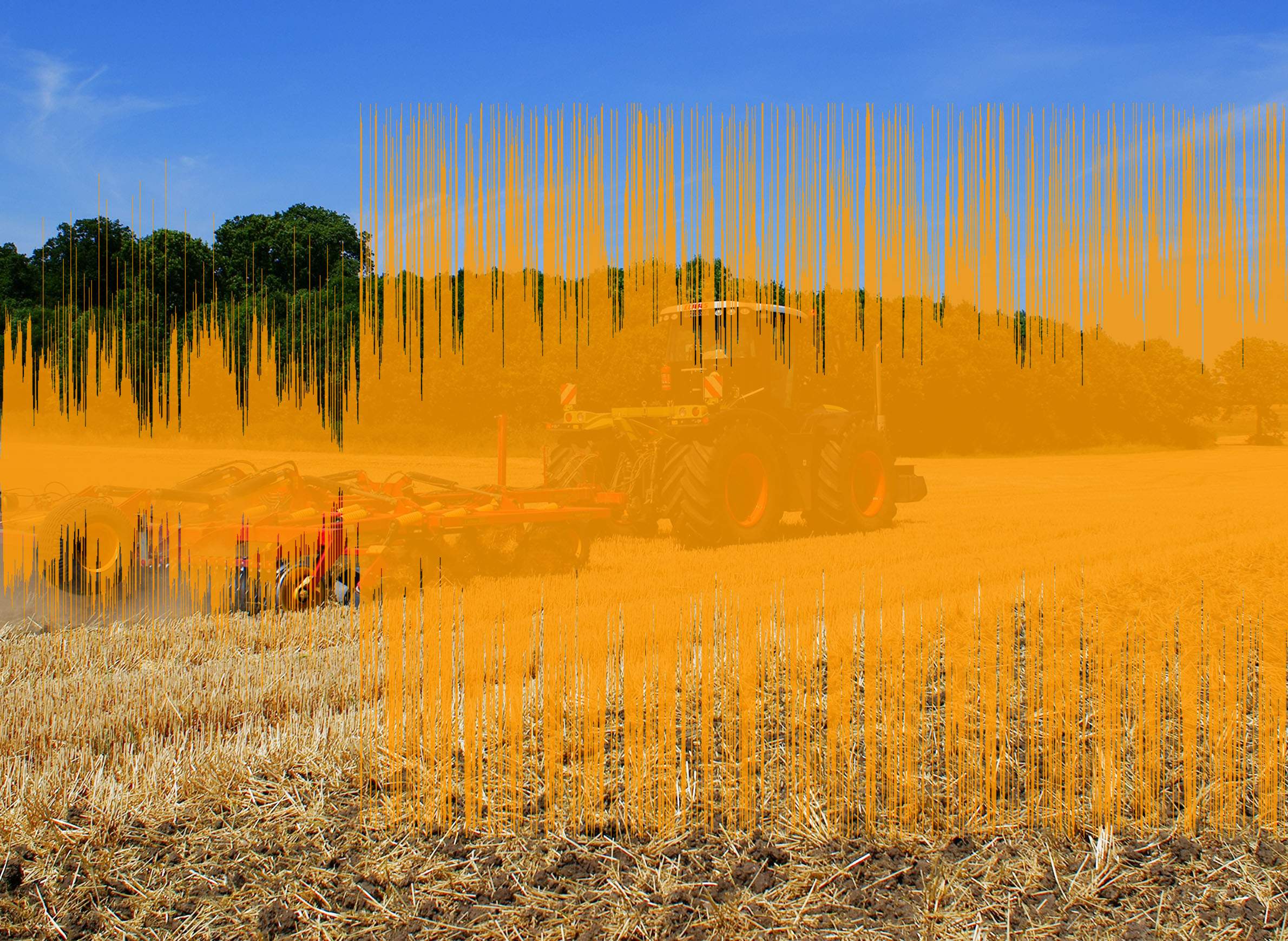
Farmworkers might not be protecting themselves enough against noise exposure in their daily lives.

Farmworkers might not be protecting themselves enough against noise exposure in their daily lives.
When people in Wisconsin think of the dangers that farmworkers face, they might envision extreme heat, malfunctioning machinery, or even unruly livestock. But they might be unaware of another serious threat: Hearing loss.
Melanie Buhr-Lawler, a clinical associate professor of communication sciences and disorders at the University of Wisconsin-Madison, has spent a lot of time thinking about the auditory health of rural Wisconsinites. Growing up on her family's dairy farm near Viroqua, she knows that rural areas aren't always quiet. People across less populated parts of Wisconsin are exposed to noise from sources including agricultural equipment in fields, motor vehicles, industrial manufacturing machinery in factories, and guns.
Buhr-Lawler leads an outreach project to help rural Wisconsinites guard against hearing loss. In a July 1, 2015, talk at the Wednesday Nite @ The Lab series on the UW-Madison campus, recorded for Wisconsin Public Television's University Place, Buhr-Lawler and research assistants Rachael Jocewicz and Timothy Kuckuk detailed how hearing loss can harm people across Wisconsin, and described their efforts to prevent it.
At her father's suggestion, Buhr-Lawler took her message to a tractor pull in Tomah. She and her colleagues have returned to the event for several years running, distributing thousands of earplugs and educating attendees about the damage that loud tractor engines can inflict upon their hearing.
In their talk, Jocewicz offered explained the inner workings of the ear, while Kuckuk went into detail on the mechanisms of how noise damages hearing over time. Buhr-Lawler provided a bigger picture about the prevalence of hearing loss across society, focusing on the public policies and cultural attitudes that aggravate the problem in rural areas, explaining how a simple issue can be much more important than people think.
Key facts
Key quotes